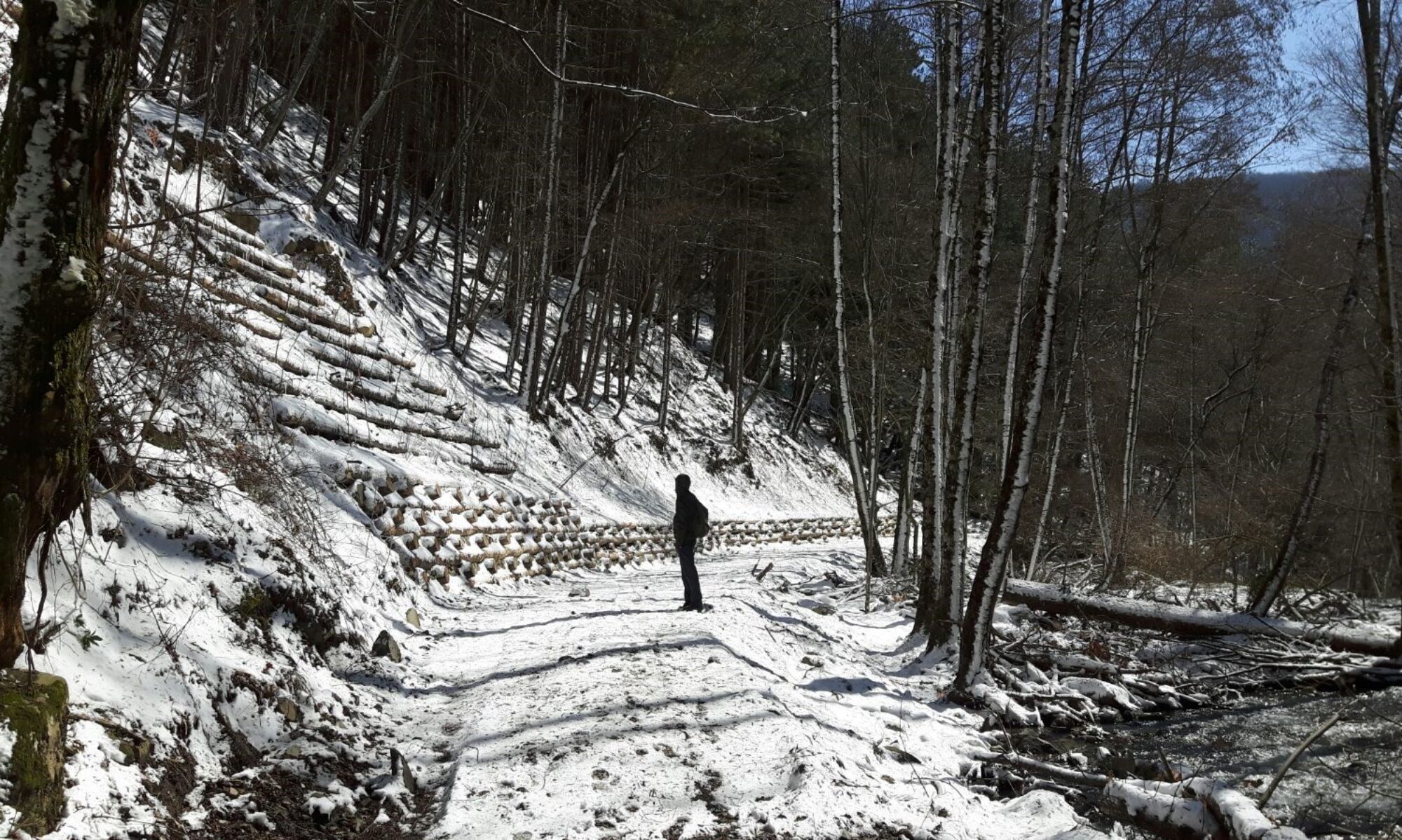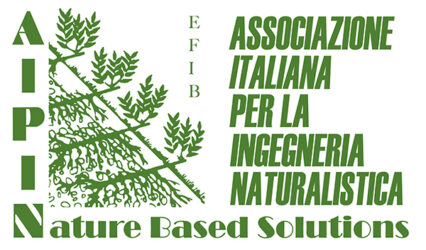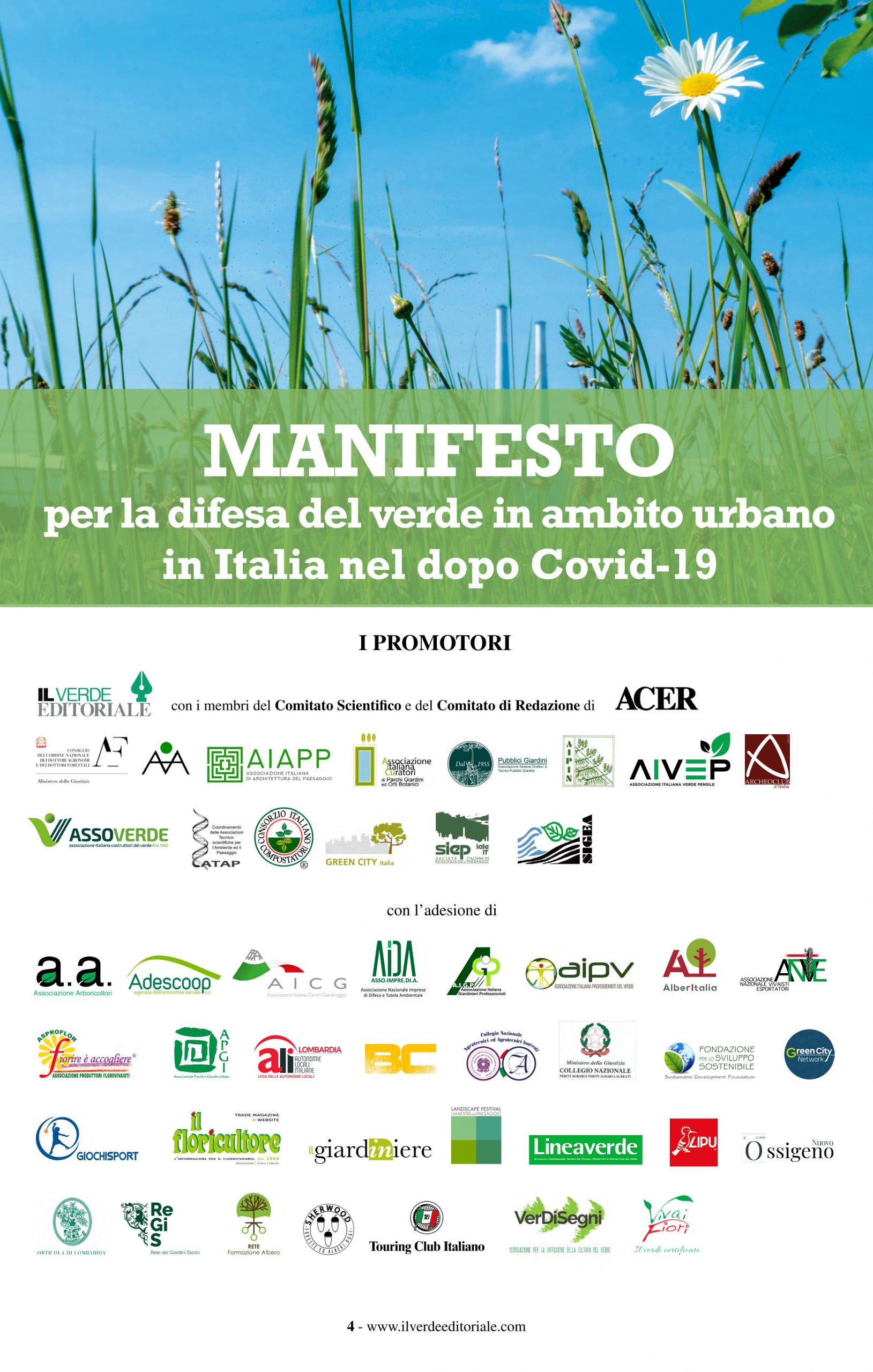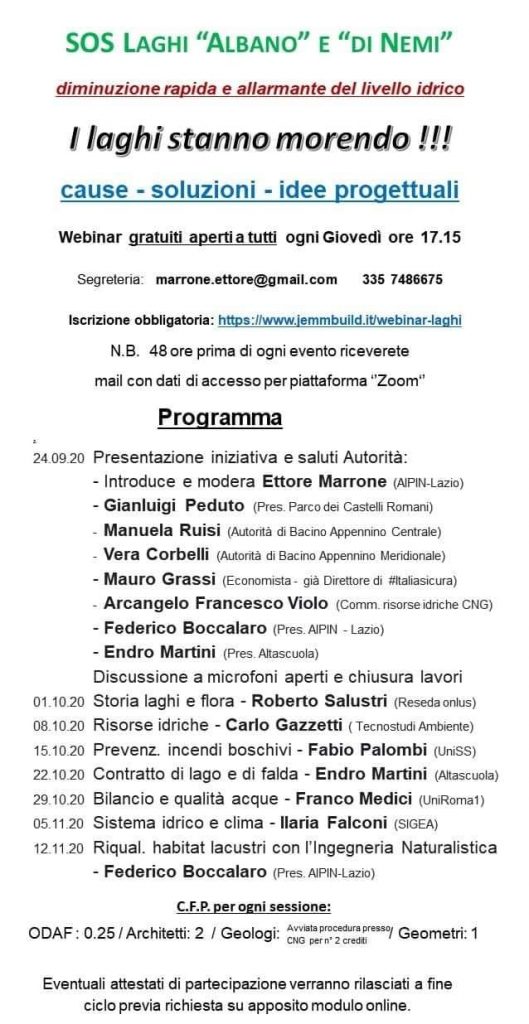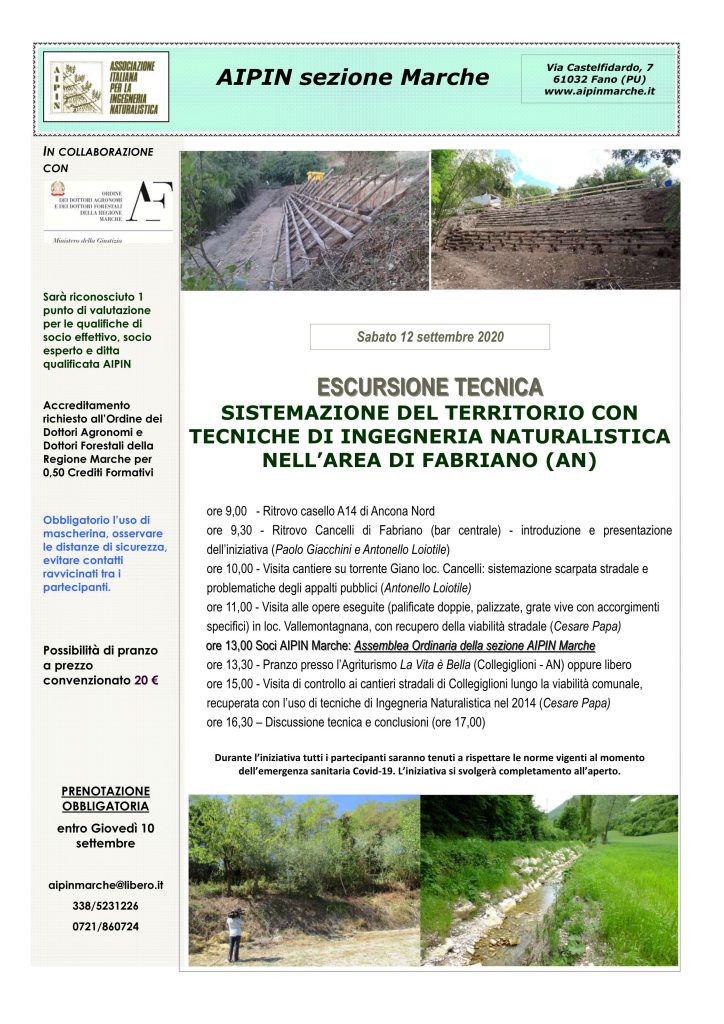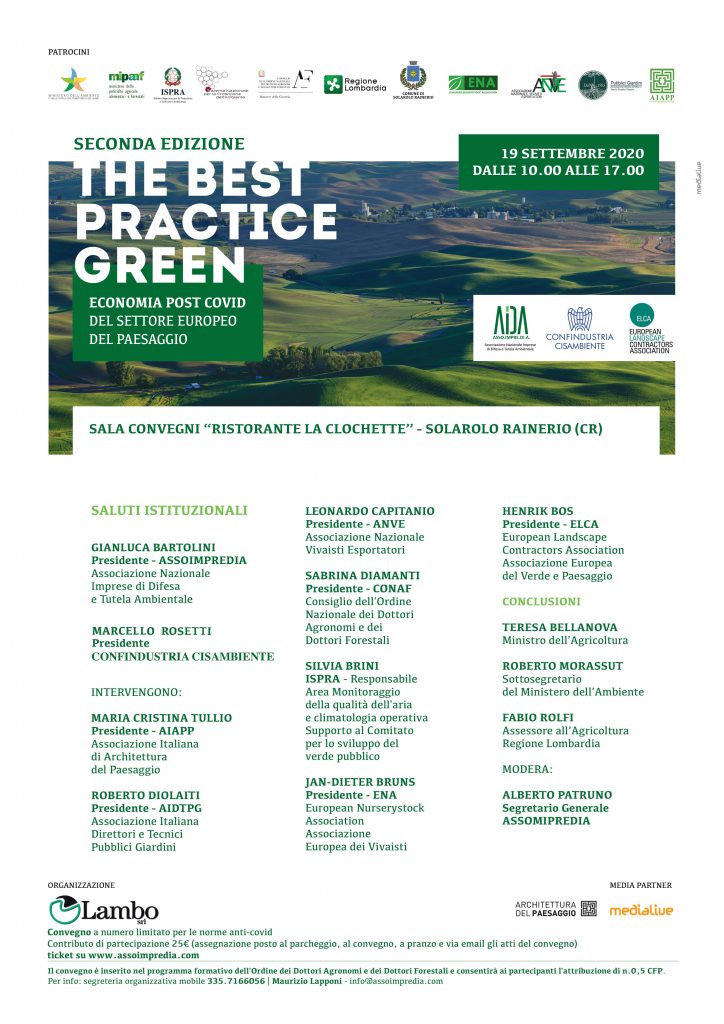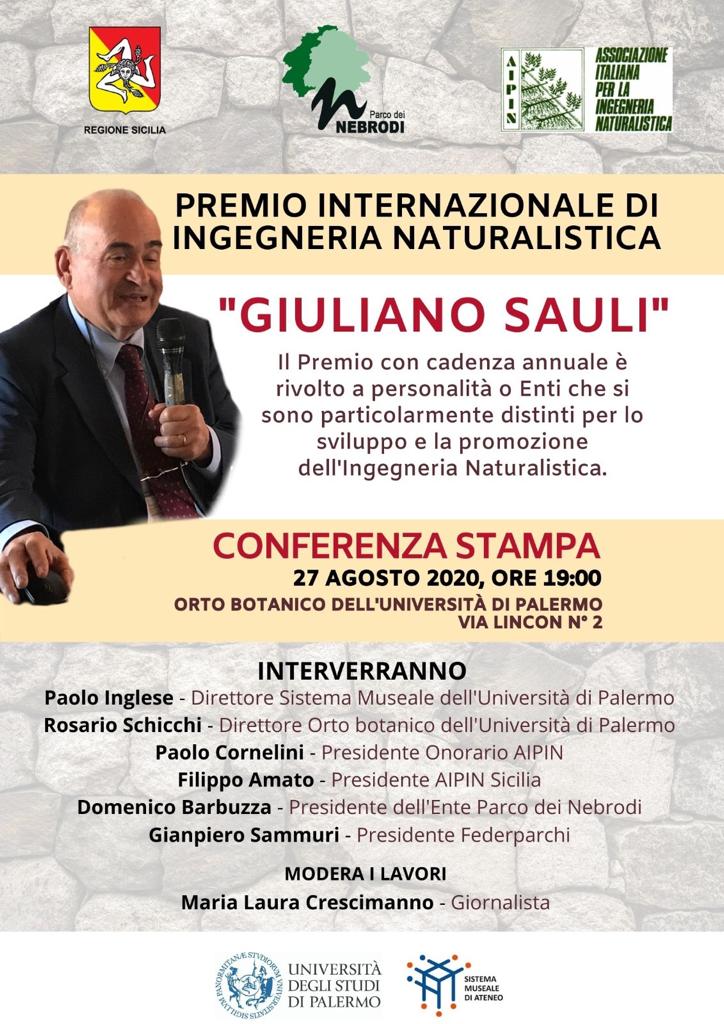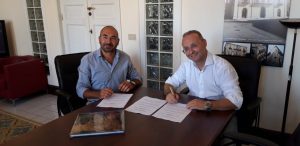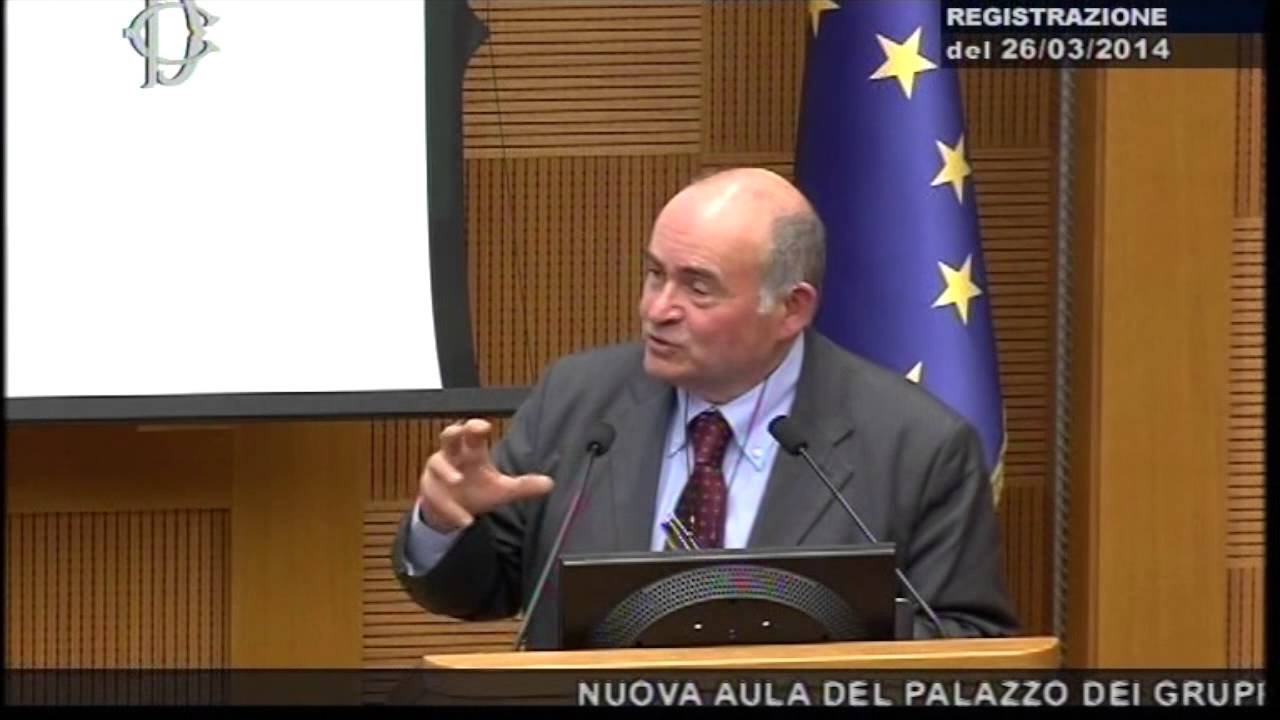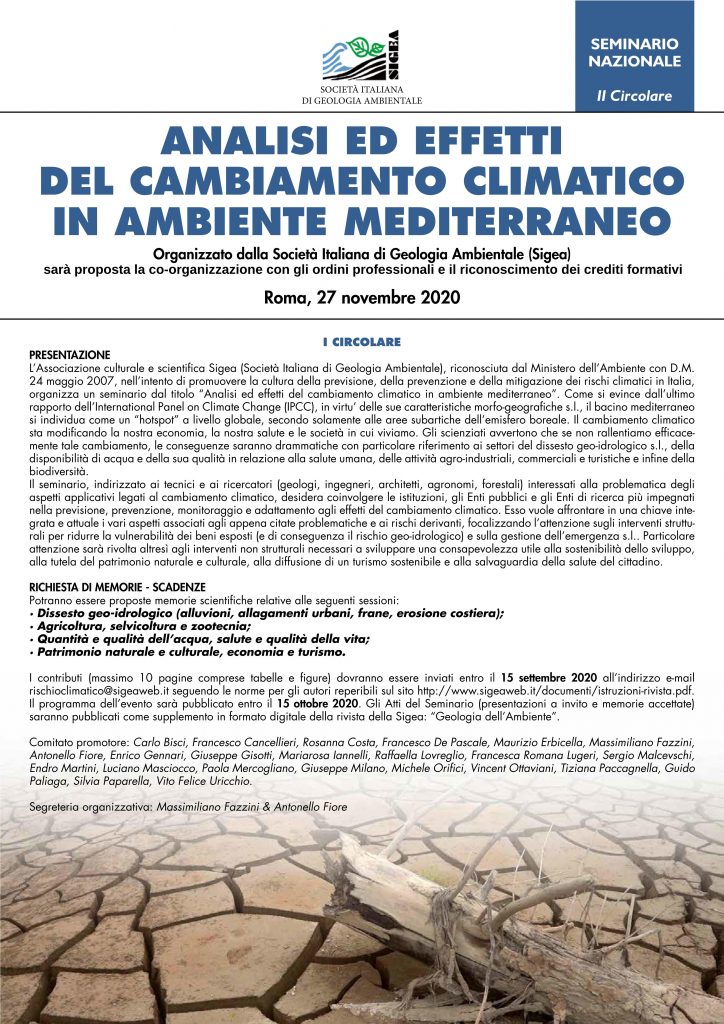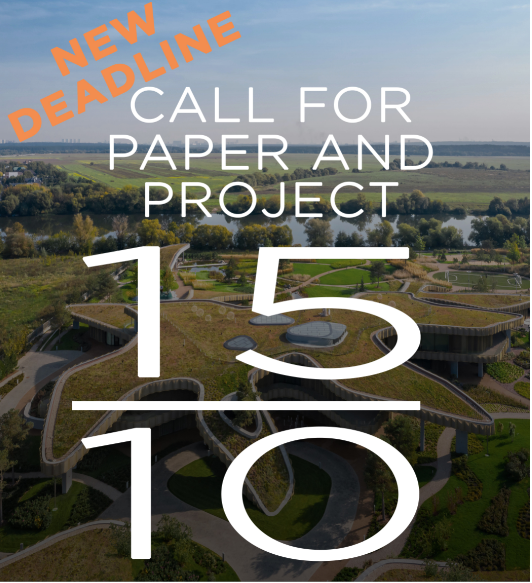
Prorogato al 15 ottobre il termine per la partecipazione alla Call for Paper and Project relativa al FORUM INTERNAZIONALE ECOtechGREEN Active, che si svolgerà a Padova nell’ambito di FLORMART CITY FORUM in programma a Padova per il 1 dicembre 2020.
PAYSAGE, in collaborazione con il Consiglio Nazionale degli Architetti PPC e Fiera di Padova, lancia la Call for Paper e Project alla ricerca di ricerche, best practices e di eccellenze della progettazione internazionale in relazione alle tematiche del verde tecnologico – pensile e verticale per la partecipazione alla straordinaria edizione di ECOtechGREEN Active.
La call è aperta a tutti i professionisti del settore – architetti, paesaggisti, dottori agronomi e dottori forestali, ingegneri, agrotecnici, geologi, periti agrari, geometri, alle Amministrazioni pubbliche oltre che alle Associazioni, Istituzioni, Università, Centri di ricerca, Imprese esecutrici e Società di committenza.
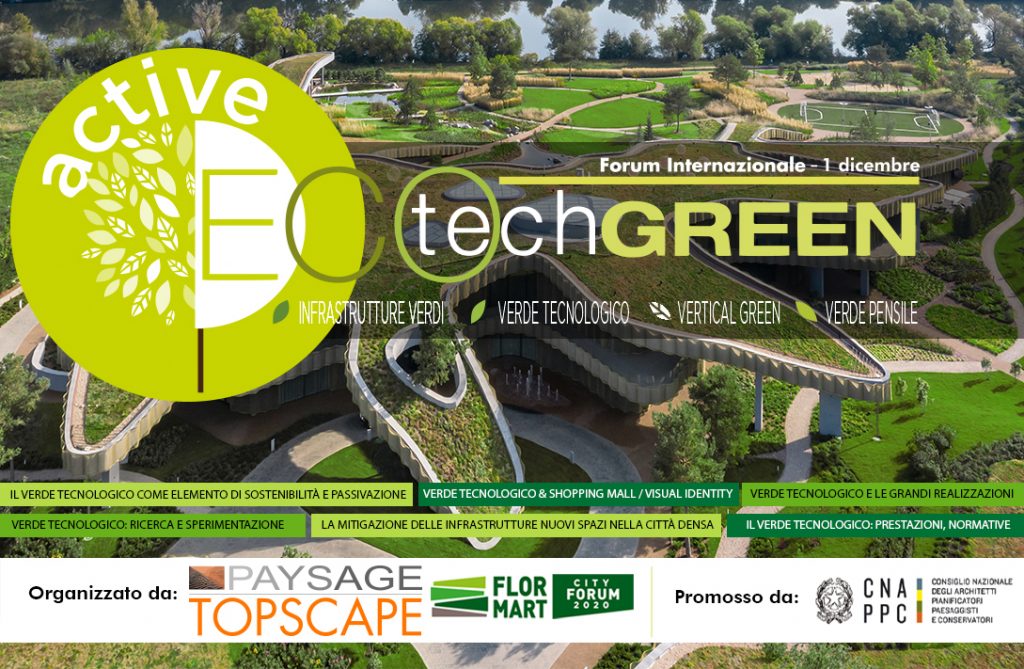
Dettagli evento
Segreteria organizzativa: [email protected] Tel. 02/34592780
Download 2020_ECOtechGREEN_ACTIVE_CallForPaper
